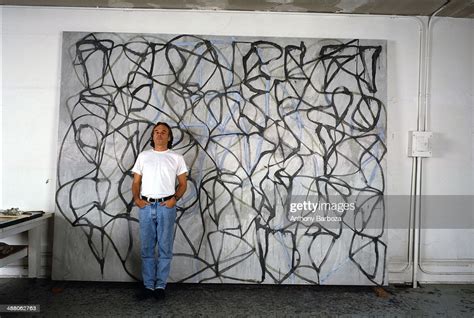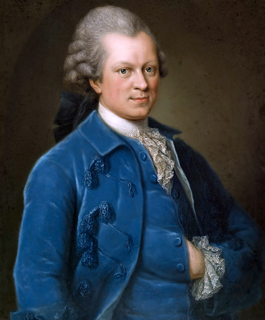A Quote by Eric Hoffer
Proselytizing is more a passionate search for something not yet found than a desire to bestow upon the world something we already have. It is a search for a final and irrefutable demonstration that our absolute truth is indeed the one and only truth. The proselytizing fanatic strengthens his own faith by converting others.
Related Quotes
Contributing to others, not converting others, but for those who are interested, going where invited, speaking when asked, teaching when asked and so on, not proselytizing and missionary-izing. Not shoving the truth down people's throats, as if we know what's good for them. But being open when asked, when appropriate, and being very inclusive and open minded.
Remember that an artist's life is an intense search for truth. This search takes many forms. Everyone of these forms demands its own disciplines. I learned and adapted to my search. I expect nothing from you. Question the truth of anything you confront. How does it apply to yourself and the trail you are pursuing?
Our stories are all stories of searching. We search for a good self to be and for good work to do. We search to become human in a world that tempts us always to be less than human or looks to us to be more. We search to love and to be loved. And in a world where it is often hard to believe in much of anything, we search to believe in something holy and beautiful and life-transcending that will give meaning and purpose to the lives we live.
The capacity to tolerate complexity and welcome contradiction, not the need for simplicity and certainty, is the attribute of an explorer. Centuries ago, when some people suspended their search for absolute truth and began instead to ask how things worked, modern science was born. Curiously, it was by abandoning the search for absolute truth that science began to make progress, opening the material universe to human exploration.
Truth indeed is sacred; but, as Pilate said, "What is truth?" Show us the undoubted infallible criterion of absolute truth, and we will hold it as a sacred inviolable thing. But in the absence of that infallible criterion, we have all an equal right to grope about in our search of it, and no body and no school nor clique must be allowed to set up a standard of orthodoxy which shall bar the freedom of scientific inquiry.





































